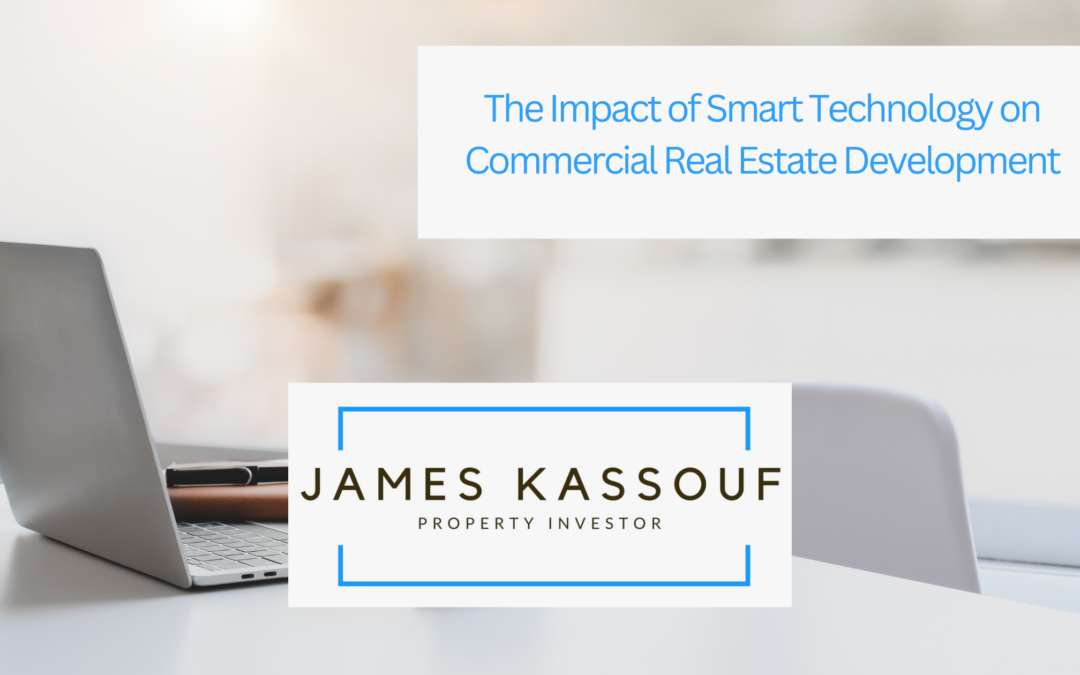In recent years, the commercial real estate (CRE) sector has witnessed a profound transformation fueled by intelligent technology integration. These innovations are not only reshaping how buildings are constructed and managed but also enhancing the overall tenant experience and driving sustainability efforts.
Enhanced Operational Efficiency
One of the most significant impacts of intelligent technology is the boost in operational efficiency. Smart buildings utilize Internet of Things (IoT) devices to monitor and manage systems such as lighting, heating, and security in real-time. For instance, advanced sensors can detect occupancy levels and adjust lighting and temperature accordingly, reducing energy consumption and lowering utility costs. This enhances the building’s operational efficiency and appeals to tenants who prioritize sustainability.
Improved Tenant Experience
Innovative technology also plays a crucial role in enhancing the tenant experience. Mobile access control, intelligent elevators, and integrated building management systems provide tenants convenience and increased control over their environments. For example, tenants can adjust their office temperature from a smartphone app or receive real-time updates about building amenities. This level of personalization fosters a more satisfying work environment, ultimately attracting and retaining high-quality tenants.
Data-Driven Decision Making
Implementing intelligent technology generates vast amounts of data to inform decision-making processes in CRE development. Developers and property managers can analyze data on occupancy patterns, energy usage, and tenant preferences to optimize building design and functionality. This data-driven approach allows for more strategic investment decisions and can lead to increased property values over time.
Sustainability and Environmental Impact
As environmental concerns gain prominence, innovative technology offers a pathway for CRE developers to achieve sustainability goals. Building management systems can optimize resource use and reduce waste, aligning with green building standards. Additionally, features like solar panels, energy-efficient HVAC systems, and water-saving fixtures contribute to environmental sustainability and qualify properties for certifications such as LEED, attracting eco-conscious tenants and investors.
The Future of Commercial Real Estate
Looking ahead, the influence of intelligent technology on commercial real estate development is poised to grow. As innovations continue to emerge—ranging from AI-driven property management solutions to advanced building materials—the landscape of CRE will evolve to meet the demands of a tech-savvy workforce and an increasingly eco-conscious market. Developers who embrace these technologies will enhance their competitive edge and contribute to a more sustainable and efficient urban environment.
In conclusion, integrating innovative technology in commercial real estate development is revolutionizing the industry, paving the way for more efficient, tenant-focused, and sustainable buildings. Embracing these advancements is essential for developers aiming to thrive in the modern marketplace.

